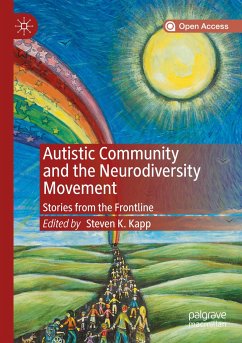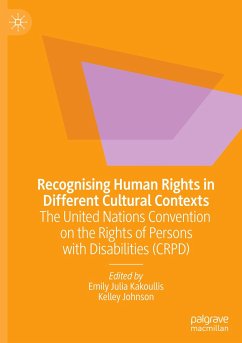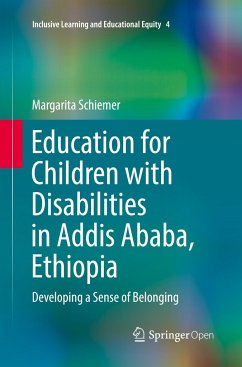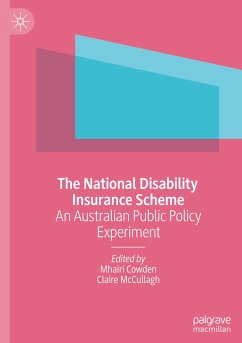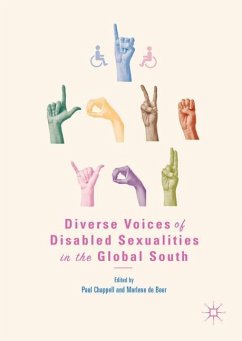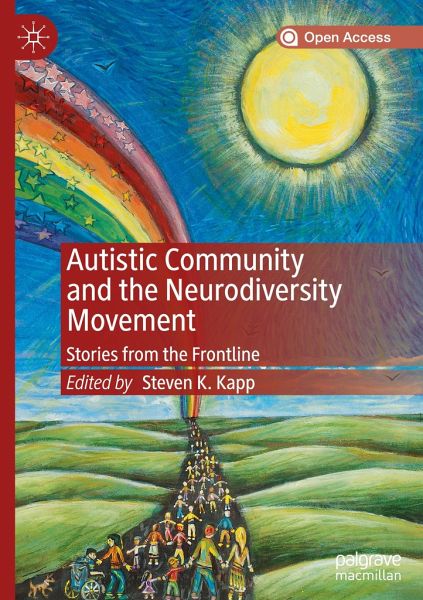
Autistic Community and the Neurodiversity Movement
Stories from the Frontline
Herausgegeben: Kapp, Steven K.
Versandkostenfrei!
Versandfertig in 6-10 Tagen
38,99 €
inkl. MwSt.

PAYBACK Punkte
19 °P sammeln!
This open access book marks the first historical overview of the autism rights branch of the neurodiversity movement, describing the activities and rationales of key leaders in their own words since it organized into a unique community in 1992. Sandwiched by editorial chapters that include critical analysis, the book contains 19 chapters by 21 authors about the forming of the autistic community and neurodiversity movement, progress in their influence on the broader autism community and field, and their possible threshold of the advocacy establishment. The actions covered are legendary in the a...
This open access book marks the first historical overview of the autism rights branch of the neurodiversity movement, describing the activities and rationales of key leaders in their own words since it organized into a unique community in 1992. Sandwiched by editorial chapters that include critical analysis, the book contains 19 chapters by 21 authors about the forming of the autistic community and neurodiversity movement, progress in their influence on the broader autism community and field, and their possible threshold of the advocacy establishment. The actions covered are legendary in the autistic community, including manifestos such as "Don't Mourn for Us", mailing lists, websites or webpages, conferences, issue campaigns, academic project and journal, a book, and advisory roles. These actions have shifted the landscape toward viewing autism in social terms of human rights and identity to accept, rather than as a medical collection of deficits and symptoms to cure.





